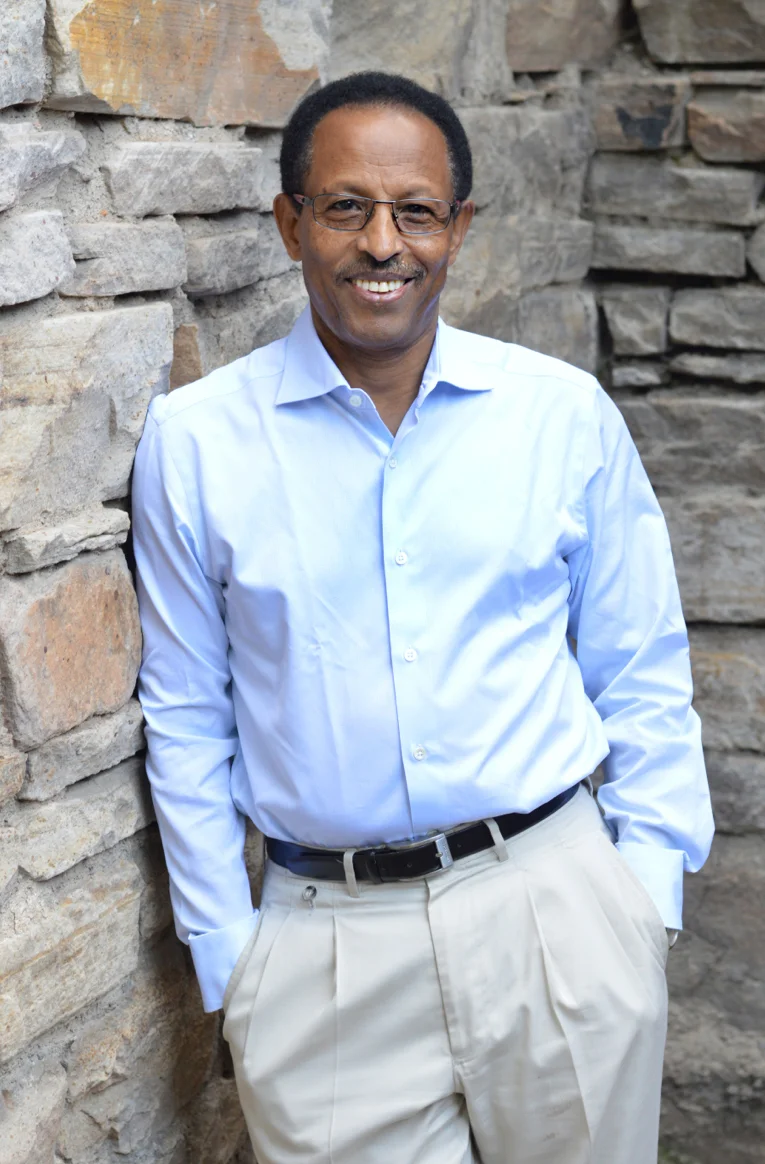Woldezion Mesghinna, PhD, PE
Dr. Woldezion Mesghinna is an Eritrean American who immigrated to the United States in the 1970s. He attended Cornell University, where he received his Bachelor of Science and Master of Engineering degrees in civil engineering, and later attended Utah State University, where he received his PhD in agricultural engineering, with a primary focus in irrigation and drainage engineering. Dr. Mesghinna is a registered professional engineer in California, Colorado, Wyoming, Arizona, New Mexico, and Utah, and has testified extensively as an expert witness on water rights cases in the United States. He is the principal engineer and president of Natural Resources Consulting Engineers, Inc. (NRCE), which he founded in 1989. NRCE is a civil, environmental, agricultural, and water resources engineering firm that provides consulting engineering services in a wide variety of areas both domestically and abroad.
Dr. Mesghinna has simultaneously managed the implementation of complex multipurpose water resources project developments in Africa, in the United States, and especially for Native American tribes. He is fluent in English, Tigrigna, and Amharic.
Dr. Mesghinna began his professional career in the mid-1960s, working as an engineer in charge of the construction of schools, community centers, and health facilities in Ethiopia on behalf of the Elementary School Building Unit (ESBU) funded by the Swedish International Development Agency (SIDA) and the United Nations High Commission for Refugees (UNHCR).
In the 1970s, he provided geotechnical and water resources engineering evaluation and analyses in support of the development of groundwater and surface water supplies, and provided technical support in the planning, design and construction management of dams, reservoirs, power plants, and pipeline projects including the Alaska Pipeline Project.
After four decades of experience, it became clear that he needed to put to paper his expertise in water resources and agricultural development. As a native to the African continent himself, he decided to focus his efforts on how the least-developed countries can achieve food security and attain access to safe and sustainable water supplies, specifically in sub-Saharan Africa.
